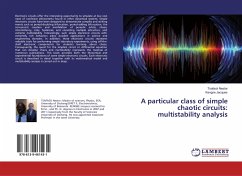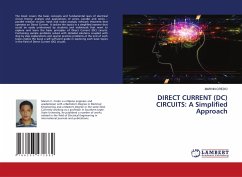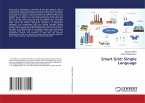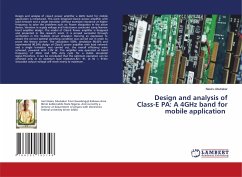Electronic circuits offer the interesting opportunity to simulate at low cost most of nonlinear phenomena found in other dynamical systems. Simple electronic circuits have been designed to demonstrate complex and striking events such as period-doubling bifurcation, period-adding bifurcation, the concurrent creation and annihilation of periodic orbits, chaos, intermittency, crisis, hysteresis, and coexisting multiple attractors, and extreme multistability. Interestingly, such simple electronic circuits with extremely rich behaviors allow possible applications in science and engineering domains. In addition, these electronic circuits represent valuable tools for performing simple laboratory experiments, using off-the-shelf electronic components for students learning about chaos. Consequently, the quest for the simplest circuit or differential equation that can develop chaos and multistability represents the material of numerous publications. This book provides both the theoretical and experimental foundations of some simple electronic circuits. Each electronic circuit is described in detail together with its mathematical model and multistability analysis is carried out in deep.








